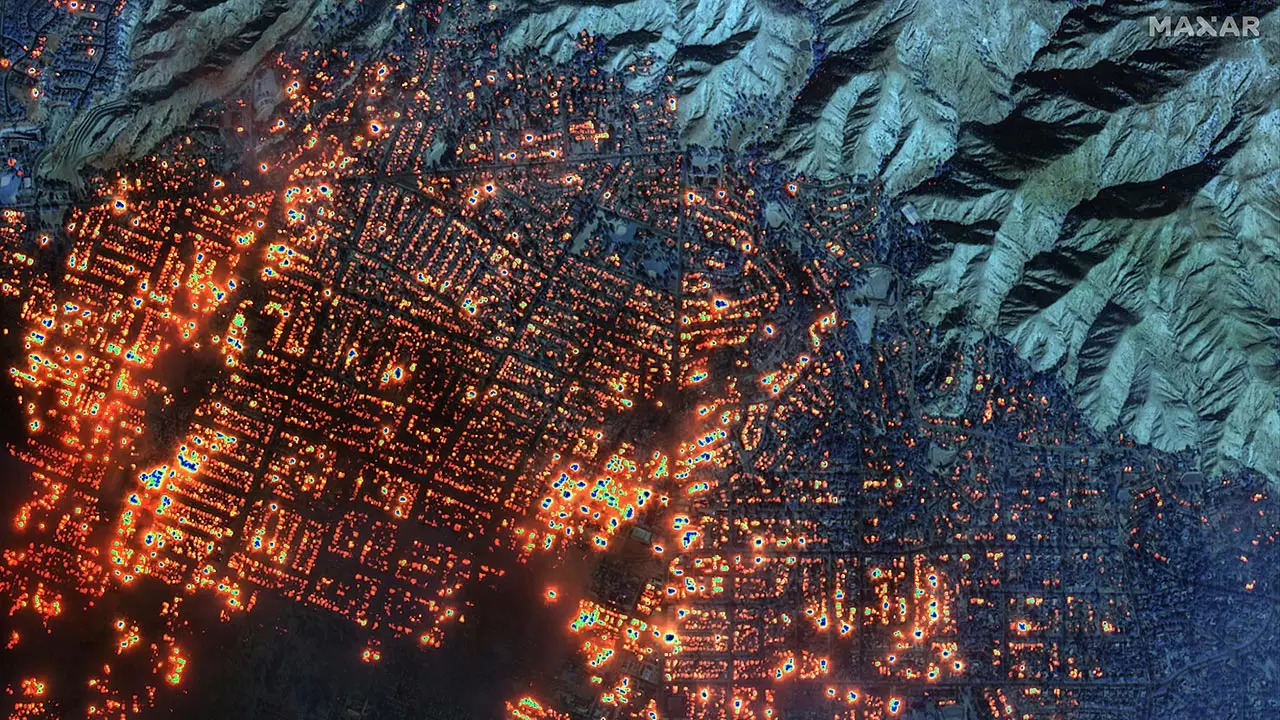The Green Party has unveiled its election manifesto, sold as a plan to “mend broken Britain”.
Addressing the Greens’ launch event in Brighton and Hove, co-leader Carla Denyer said the manifesto contained measures to “offer real hope and real change”.
“Our manifesto is based on investing to mend broken Britain and offer real hope and real change”, she said, adding: “We can’t go on with an economy where most people are working harder and yet getting poorer while inequality keeps growing.”
***Politics.co.uk is the UK’s leading digital-only political website. Subscribe to our daily newsletter for all the latest election news and analysis.***
General Election: Healthcare professionals urge political parties to pledge support for their health and wellbeing
Review outcome could jeopardise wildlife management, warns BASC Scotland
The Greens’ policies include introducing a new wealth tax of 1 per cent annually on assets above £10 million and 2 per cent on those above £2 billion, banning domestic flights for journeys which would take less than three hours by train, and moving to a four-day working week.
The party would also bring water companies, railways, and big five retail energy companies into public ownership; end immigration detention for all migrants unless they pose a danger to public safety; invest £50 billion in health and social care “to defend and restore the NHS”; scrap university tuition fees and increase the schools budget; and stop all new fossil fuel projects and cancel those recently licensed, like Rosebank in Scotland.
Denyer said the manifesto’s “bold but simple plan” to nationalise the nation’s water companies, railways and big five retail energy companies “would end the rip off of rising bills, appalling service and shareholders trousering millions”.
She added that the plans would be funded asking the top one per cent of earners to pay a “bit more into the pot”.
This election, the Greens are targeting four key seats — including Bristol Central, which is being defended by shadow culture secretary Thangam Debbonaire.
Adrian Ramsey, the Greens’ other co-leader, acknowledged on Wednesday that the party would not be in power after the election.
However, he said the Greens would push a Labour government to “stop backtracking on their promises” and drive them to be “braver, more ambitious and not to take timid baby steps towards change”.
Politics.co.uk is the UK’s leading digital-only political website. Subscribe to our daily newsletter for all the latest election news and analysis.
The slow march of the Greens: Might 2024 establish a springboard for later success?


















![Tunisia: President of Republic Meets PM and Stresses ‘Need to Break With ‘Old Laws’ [upd 1] Tunisia: President of Republic Meets PM and Stresses ‘Need to Break With ‘Old Laws’ [upd 1]](https://cdn08.allafrica.com/static/images/structure/aa-logo-rgba-no-text-square.png)


Discussion about this post